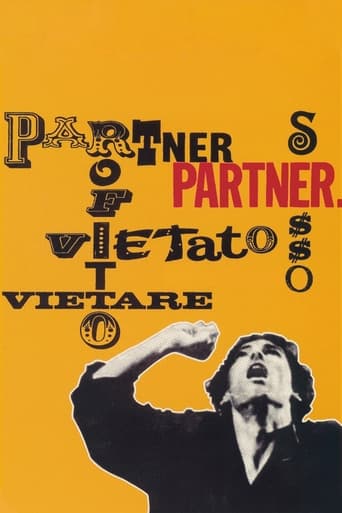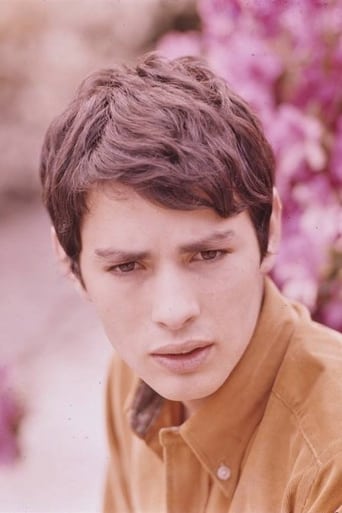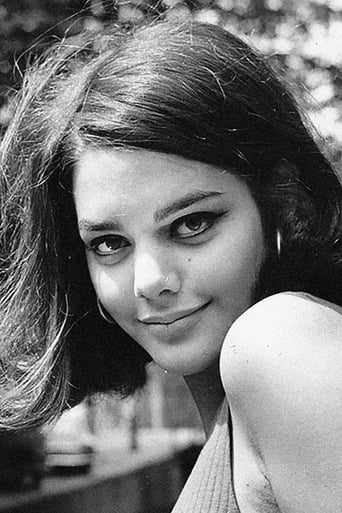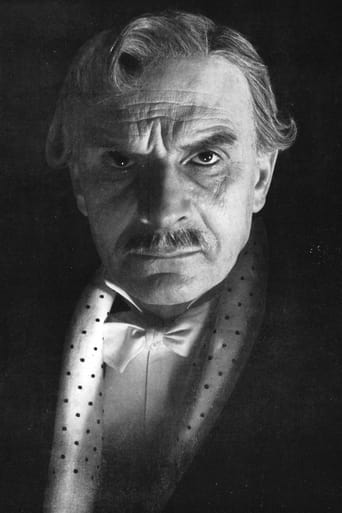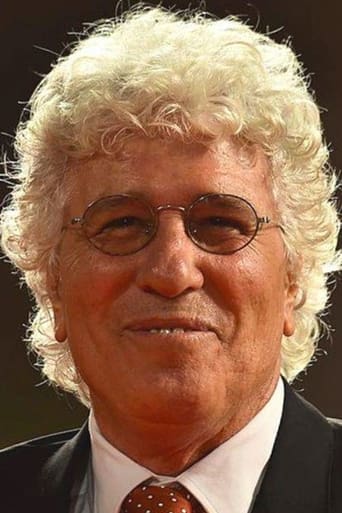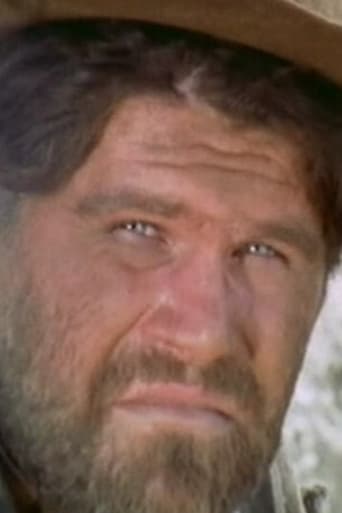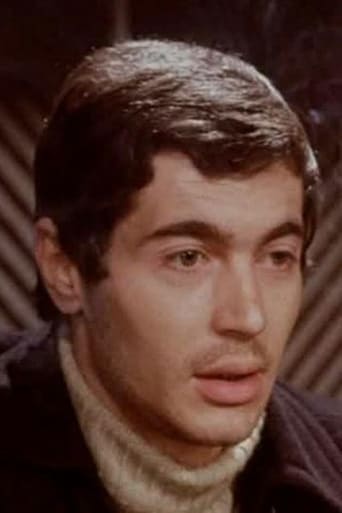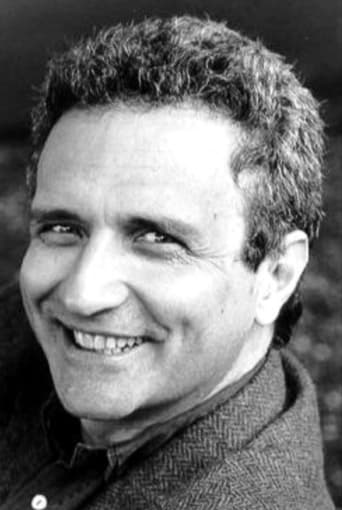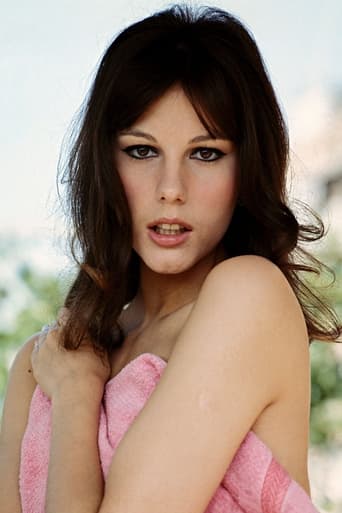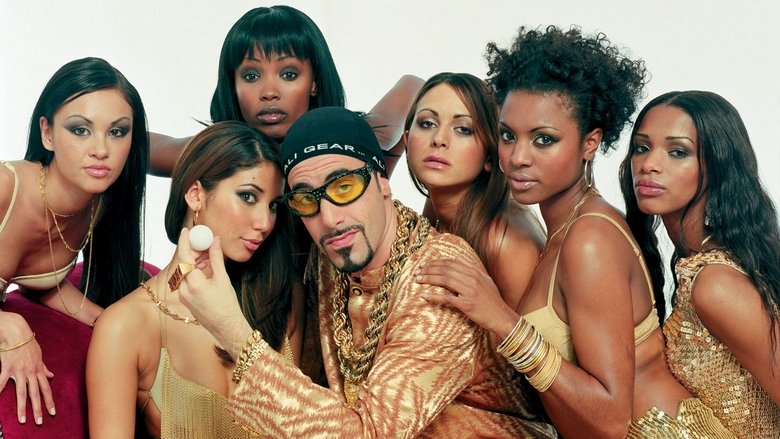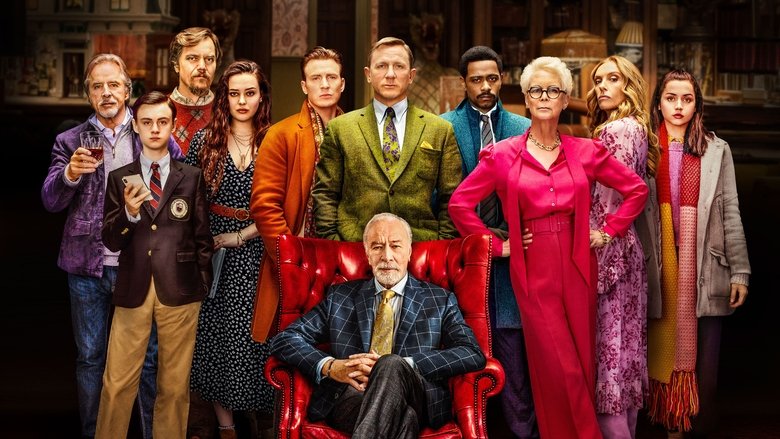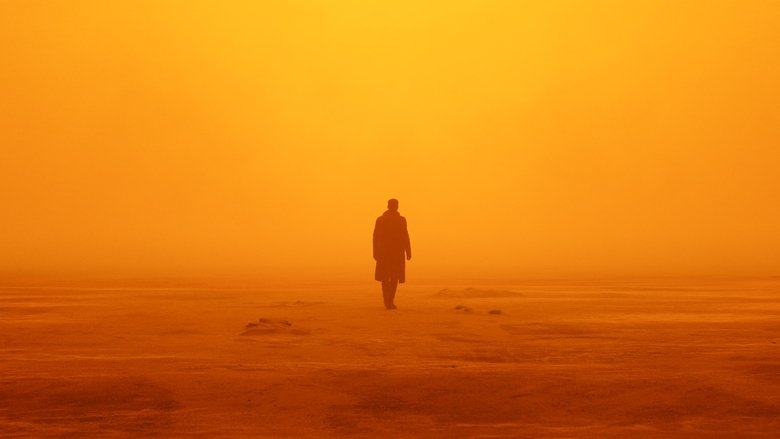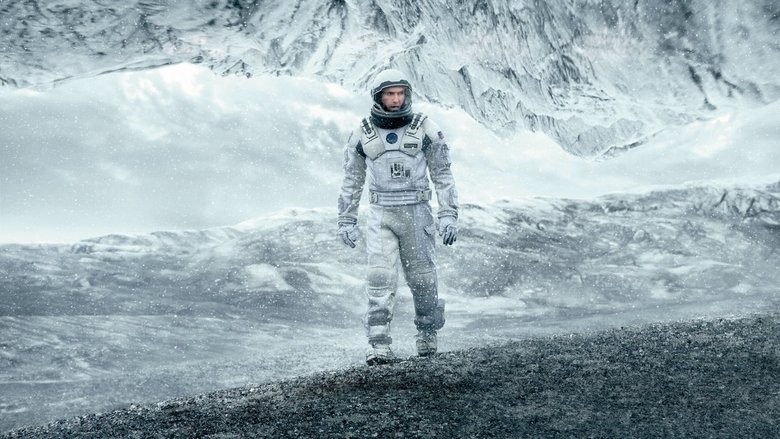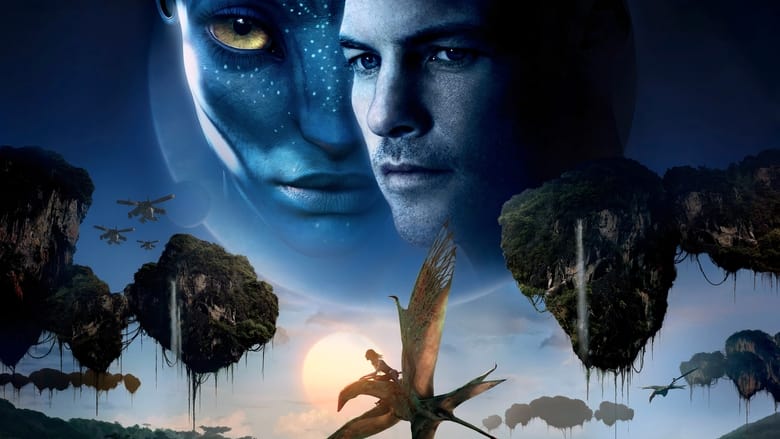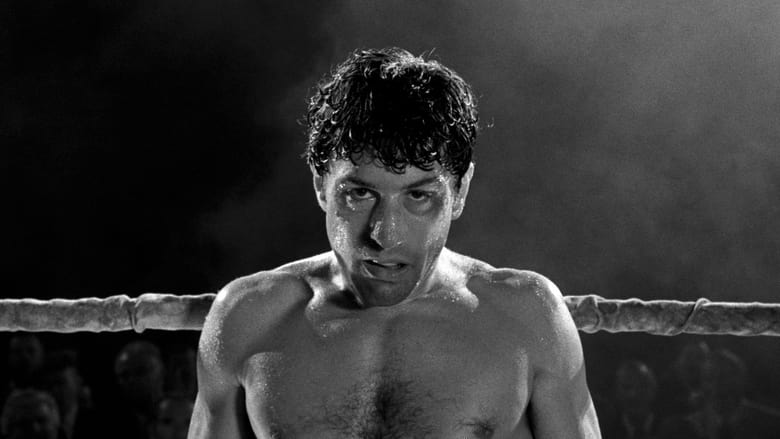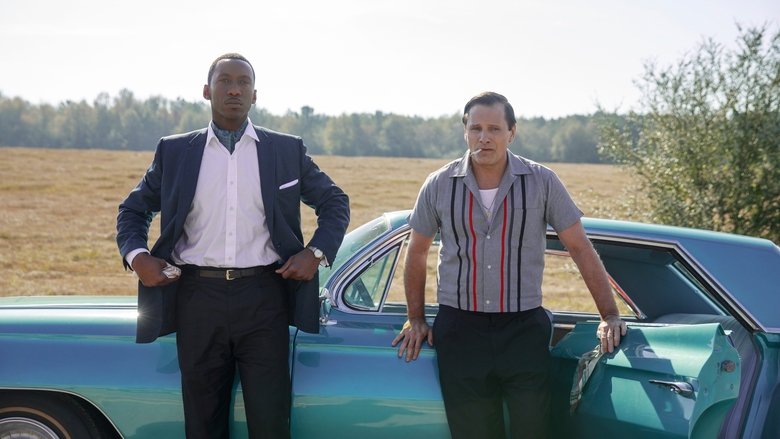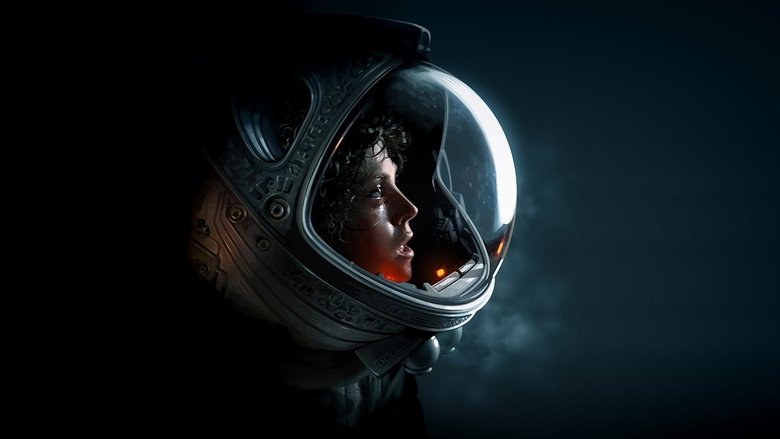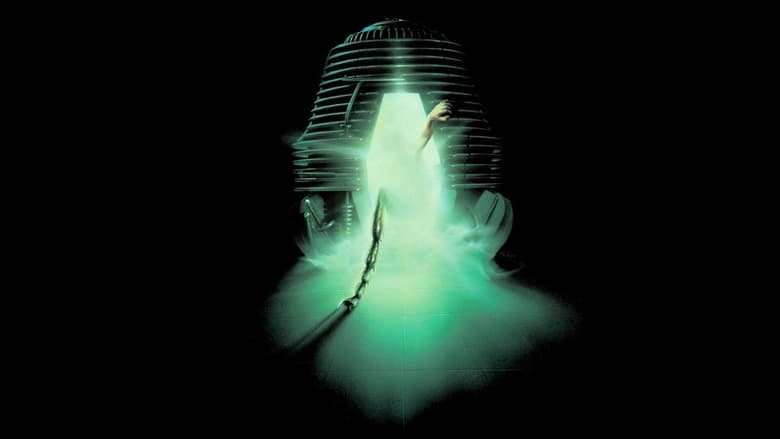The story of a young man who meets his own likeness and uses him to fulfill his dreams.


Reviews
Bertolucci's third feature is one of his greatest films yet it's not very well known despite it's beautiful use of colour and 'Scope and a great and unique musical score from Ennio Morricone.Maybe because the subject matter or the theme of the film is very oblique and fairly intricate and more subtle than his later direct tackling of themes such as class, sex and identity and also unlike ''Fight Club'' which deals with the same themes it doesn't become schizophrenic and fall in love with what it is against. It also has one of the greatest performances of the 60's from Pierre Clementi, a French-Italian actor(who worked with Luis Bunuel and Philippe Garrel). In this film, he plays a student who is disaffected and alienated, his life is transformed when he meets his "double"(the film is a loose adaptation of the Dostoyevsky story ''The Double'') who is everything he isn't. Bertolucci doesn't attempt to explain the two Clementis and refuses to spell out that either is a hallucination(the conceit of the film as it develops is the difficulty to tell apart which is which).The film's tone is largely comic for most of the film including a hilarious and shocking send-up of Hollywood romances in the scene where Giaccobe(Clementi) and his beloved Clara(the luminous Stefania Sandrelli) plan to elope. But the tone of the film is also disturbing on other occasions as Clementi's character commits many acts of murder as the film moves along including one of the most upsetting and gruesomely cruel murder scenes in film history. The style of the film doesn't have a clear plot and is essentially a series of digressions. The film's style is intensely subjective and never abandons Giacchobe's point-of-view and some aspects of the film can be seen as dreams or hallucinations and others develop surprisingly including a suggestion of a narrative leap near the end. The music score by Ennio Morricone is avant-guarde enough to meet the challenge. The complete score played over the opening credits features four themes, each distinct and disjunctive, a quartet which during the film rotates in various junctures at various times sometimes diagetically appearing in the action other times working conventionally in the background. It's unlike any other score I have ever heard, beautiful and strange to listen to.The film is one of the most interesting works made at the late 60's and it's location footage of Rome in colour is fairly unique for an Italian film of that period. It is a film that is Bertolucci's most Nouvelle-Vagueish with Godardian monologues on theatre and cinema, digressions on Artaud, attacks on consumerism but it's also one which is fully Bertolucci rather than a work of a dilettante. The visual design is a curious mixture of German Expressionism(F. W. Murnau) and Hollywood 'Scope pageants(Nicholas Ray), while some of the visual and editing tricks seem to come from Hitchcock(red thunder from ''Marnie'') and of all people, Jerry Lewis(''The Nutty Professor'' - from the foregrounding of the soft red and cobalt blue throughout the film right down to the white fadeaway it ends).Bertolucci's exuberant non-realism allows him to directly confront the audience with the preoccupations and contradictions of Giacchobe and his generation all the while conveying the emotional confusion of his characters. It is perhaps dated to an extent since it's firmly addressed to the issues of the late 60's student unrest(May '68 happened when this film was in production) but it's also a film about confusion, about passivity, a psychological exploration of the main character's pathology and his charm and also sets up the themes that Bertolucci touches on ''Il Conformista''. The search for one's identity, the conflict between rebellion and conformism, the blurring lines in sexual and social politics. And it's all done in a manner that is very funny and light. The abrupt ending of the film which raises a lot of questions is one which the viewer can ponder endlessly for themselves. And Pierre Clementi's tour-de-force performance makes this just as much his film as it is Bertolucci's, anyone interested in a great performance by a charismatic if obscure European star that is emotional and simultaneously physical and sensual than this is the place to go.
I was at Amoeba Music(A Hollywood Record Shop) the other day with my roommate and I had found this in the used section and it seemed interesting. I had never heard of it before and I didn't have the cash to buy it, but my roommate did, and bought it instead. I think this was one of the best films I've ever seen. The story is apparently an adaptation of a Dostoevsky story called "The Double",(which I've never read), the film is about a young Theater professor in the sixties, who begins losing his mind, and seeing an identical version of himself who begins giving him orders, egging him on to commit acts of terrorism, murder, and just generally insane things. It precedes Fight Club by thirty years. A remarkable film, from a great director in his own right, before Last Tango In Paris, there was Partner. A funny, smart, riot of a film, that creates tension and absurd explosion with the same grace, conjoined like deformed twins at the hip.
Yes we know that many people think that life is absurd and meaningless and society is hopeless. Fortunately many more still think that life has a meaning and society can be reformed and changed. This movie also intends to pass another message which is that life is not real and only the theatre is real. Well the great German poet, Novalis, once said that poetry is the absolute real but that had quite another sense perhaps. Anyway what we watch here is a succession of scenes and dialogues void of any meaning at all and of any plot that can be followed. Bertolucci is a great film director but I think that this movie doesn't honour him at all.
After that it degenerates into an exercise in employing old art film cliches. Though he bases his movie on the Dostoyevsky story 'The Double', Bertolucci apparently has no message, and no original way to present it. By the end this movie has dragged you through a tedium of stupidity and indulgence. This is the kind of film that gives art movies a bad name. 4/10
